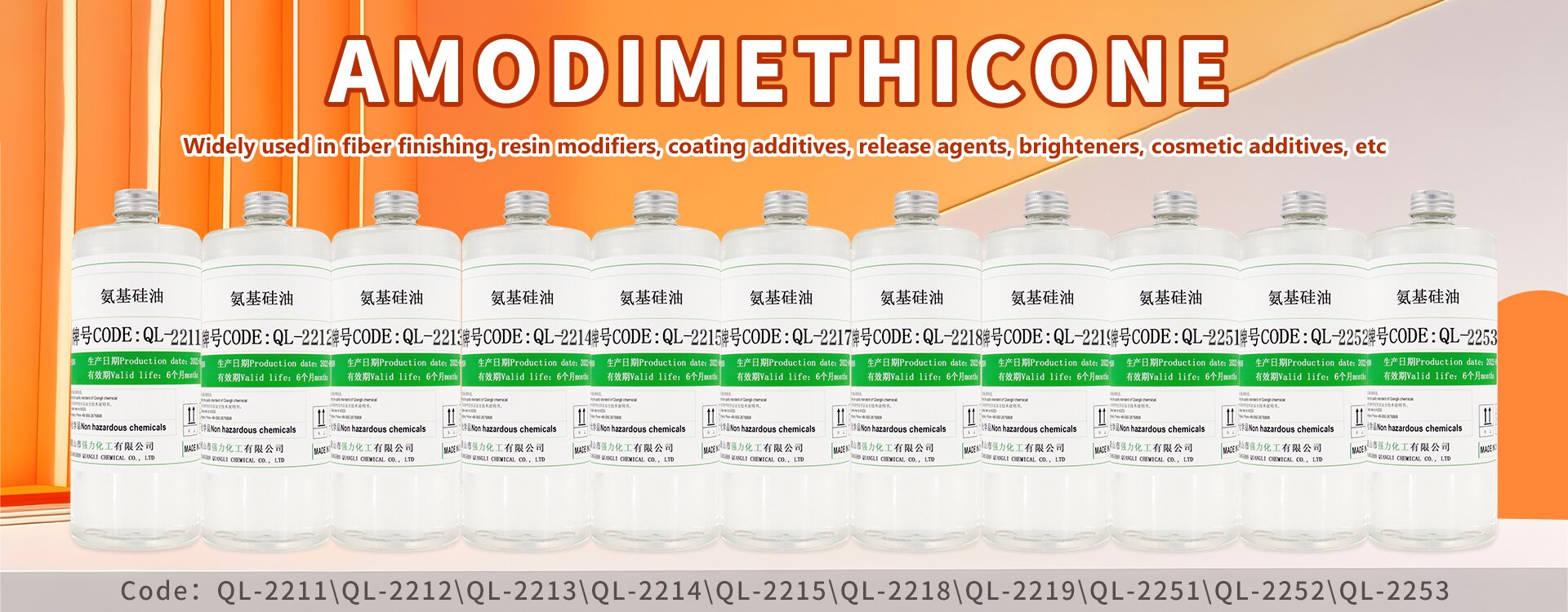Waterproofing agent is a commonly used waterproof material in home decoration. As a new product, silicone waterproofing agent has quickly won people's recognition with its unique product characteristics and advantages. So what is silicone waterproofing agent?
At present, my country is in the stage of large-scale construction, and concrete and reinforced concrete are the main materials in construction. Concrete often affects the service life of buildings due to its lack of durability. A major factor affecting the durability of concrete is the intrusion of water. The intrusion of water is a necessary condition for the carbonization of concrete, sulfate corrosion, and chloride corrosion of steel bars. As a transport carrier, water brings carbon dioxide, sulfur dioxide, sulfate ions, and chloride ions dissolved in water into concrete, causing corrosion damage to concrete. At the same time, the intrusion of water dissolves the cementing calcium hydroxide and CSH-gel, which seriously affects the durability of concrete. Therefore, waterproofing concrete to improve the impermeability of concrete is an effective way to improve durability.
What is silicone waterproofing agent?
Silicone waterproofing agent is an ideal waterproofing agent. It not only has good waterproofing properties, but also has good acid resistance, alkali resistance, high temperature resistance, and good anti-fouling properties, which can prevent concrete from soilification.
Silicone waterproofing agent is a new type of college waterproofing material that is pollution-free and non-irritating, and is widely used in advanced countries in the world. After the silicone waterproofing agent is sprayed (or painted) on the surface of the building, a colorless, transparent, UV-resistant, breathable film that is imperceptible to the naked eye can be formed on the surface. When rain hits it or encounters humid air, water droplets will flow naturally, blocking moisture intrusion. At the same time, it can also wash away the dust on the surface of the building, thereby making the inner wall moisture-proof, mildew-proof, and the outer wall clean and preventing weathering.
What is the waterproof life of silicone waterproofing agent?
Silicone waterproofing agent is a new type of water-soluble waterproofing agent made of a variety of fatty acids and more than ten inorganic materials through high-temperature chemical reactions using the most advanced production technology. Its specific waterproofing life depends on where it is used.
Silicone waterproofing agent "Four Fears" Highly elastic skin-type rubber waterproofing coating can be used for 10 years "Four Fears", not afraid of leakage, not afraid of aging, not afraid of cracking and deformation, not afraid of puncture. Waterproof is very good.
Mechanism of action of silicone waterproofing agent
Silicone waterproofing agent is a water-repellent waterproofing agent. When the silicone waterproofing agent is applied to the surface of a silicon-based substrate, it penetrates into the interior of the substrate under the capillary action of the capillary. The silicone molecules react with the silanol groups in the substrate to form a directional organic siloxane water film on the surface of the substrate and the capillary pores. This water-increasing film is several nanometers thick and does not affect the appearance of the concrete. It can prevent the capillary action of the substrate capillaries on water, thereby preventing the intrusion of water. At the same time, it does not block the capillaries, so that the concrete maintains good air permeability.
Characteristics of silicone waterproofing agent
1. Excellent waterproof performance. It can prevent seepage, leakage, water, color, pollution, weathering, salt precipitation, alkali, and freeze-thaw peeling of building exterior walls, tiles, marble, etc.
2. Good air permeability. It does not block the capillaries and micropores on the surface of the building, and does not affect the dissipation of moisture inside the wall and indoors. The wall treated with it is like wearing a hydrophobic coat, and the wall is always in a dry state.
3. Strong durability, anti-pollution, anti-weathering and color retention, can penetrate to a certain depth in the wall, so it is less affected by ultraviolet radiation and atmospheric aging.
How to use silicone waterproofing agent
1. Cleaning: Clean the pollutants on the cement surface to ensure that there is no floating soil, mortar and garbage.
2. Drying: Let the cement dry naturally.
3. Spraying: After the cement surface is completely dry, use a spray gun, brush, or roller to evenly spray the cement surface until the treated surface is completely saturated.
4. Drying: Let the cement dry naturally and do not contact rainwater within 24 hours. Construction and installation can be carried out after 24 hours.
5. Maintenance: Do not get wet or polluted within 24 hours. Suitable construction temperature 0~40oC
6. After painting, let the treated surface dry naturally, and apply a second coat before the surface is dry. It can be constructed by soaking, spraying or brushing with rags, sponges, brushes, rollers and sprayers. After 5 to 10 minutes of construction, wipe off the excess liquid with a soft cloth and maintain it without water for at least 24 hours.
No matter how good the silicone waterproofing agent is, these three shortcomings are inevitable!
Many users reported that the house still had leakage after using the silicone waterproofing agent, especially outside the exterior wall, where the leakage was more serious. Many people are doubting whether the waterproofing agent can really play a waterproofing role. If leakage still occurs after applying the waterproofing agent, is it still necessary to apply the waterproofing agent?
Admittedly, the silicone waterproofing agents on the market must have disadvantages, because the emergence and development of any new thing is accompanied by many uncertainties. However, the phenomenon of water seepage or even repeated water seepage can only mean that it is not a problem with the silicone waterproofing agent, but that the purchased product is not a real waterproofing agent.
There are countless fake waterproofing agents on the market, most of which are even just poured with tap water. The waterproofing effect comes from the seller's false and empty claims. These waterproofing agents that are bound to have problems with the use of effects have also made the reputation of silicone waterproofing agents bad. Consumers are reminded to be cautious when purchasing waterproofing agents. As long as there is a requirement for waterproofing, they must want to buy the most suitable one.
Of course, the real silicone waterproofing agent is not all-round waterproof. It only has good waterproofing performance for the waterproofing of exterior walls. Even most people think that it is more of an anti-penetration material, rather than a real waterproof performance. Taking M1500 as an example, its more function is to enhance the density of cement concrete.
The waterproofing agent cannot form a dense and impermeable protective film, has no flexibility, and the density cannot be guaranteed. These three major shortcomings make the waterproofing agent market more willing to choose silicone waterproofing agents while having environmental protection, water resistance, weather resistance and other properties. It can adapt to the deformation of the base layer and improve the food anti-seepage performance of cement concrete.




